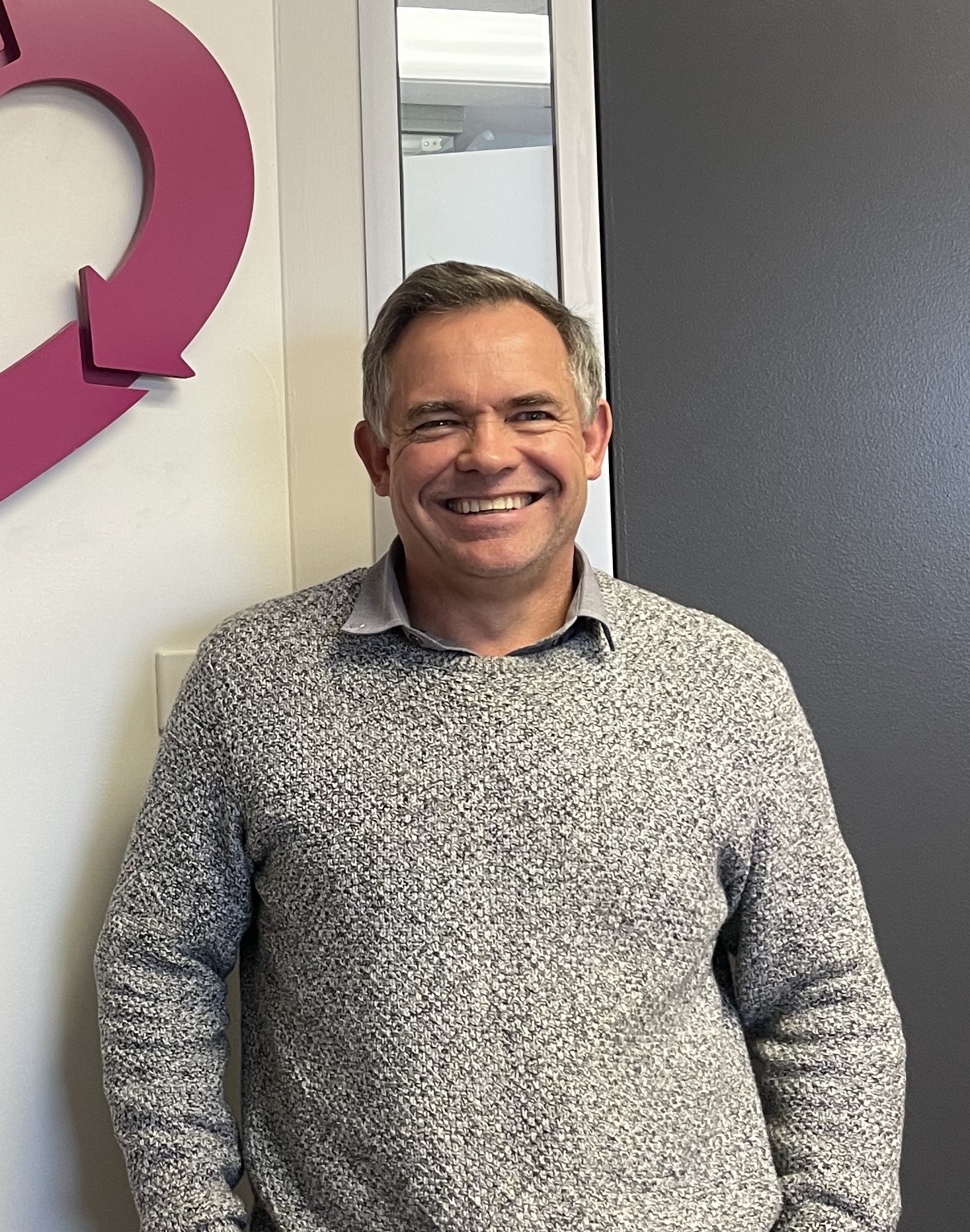The Australian government is now operating in accordance with the Guidance on Caretaker Conventions, pending the outcome of the 2025 federal election.
Dr Sean Dicks - Clinical Psychologist, DonateLife Family Support Coordinator

As told by Dr Sean Dicks, DonateLife ACT
After an organ donation has occurred, the donor’s family often wants to write letters to find out how the recipients are doing, and to let them know a little about the donor. I can help with that.
As a Clinical Psychologist and DonateLife Family Support Coordinator in the ACT, I’m often the first line of contact for donor families in the weeks and months following their experience at the hospital. Having spent 12 years working with grieving families in the ACT and surrounding areas, I see what a difference counselling, education, and support services can make. Services like the letter exchange program can become an integral part of the family’s healing.
Working in the geographically small ACT gives me a unique opportunity to meet with families one-on-one as a psychologist, and I’m inspired by each family I meet. I find it so remarkable that, despite losing a loved one under tragic circumstances, donor families find solace in them becoming a lifesaver – to a stranger they will never know.
I see coordinating an anonymous letter exchange between donor families and transplant recipients as a way of creating a bridge that can help both sides on their healing journeys.
The system is designed to maintain anonymity. If I’m working with a donor family, I won’t know who the transplant recipient is, and I won’t have any contact with them. It’s all done through donation and transplantation teams facilitating the process and ensuring privacy is key.
Writing a letter is not something that everyone does or wants to do - it’s completely optional for families of donors and transplant recipients and their families. Many donor families who receive a letter tell me that a heartfelt ‘thank you’ gives them a way to honor their loved one. Knowing that their loss has made someone else’s life possible is often comforting.
On the other side, when I get to speak to transplant recipients at events such as the Service of Remembrance and Thanksgiving, those who have received a letter from their donor’s family often tell me that it eased feelings of guilt for them. Knowing that their donor’s family is rooting for them and their second chance at life is comforting to them.
My work with families has helped inspire a project I’m working on now with colleagues at DonateLife ACT. We are producing an easy-to-read information booklet for families who have consented to organ donation in hospital. The booklet will assist families to understand and navigate the environment that they find themselves in. My focus has been on highlighting ways in which families can use their time with their loved one to make memories and reinforce family togetherness. Together, these 2 aspects of the booklet will be very valuable to families.
While developing the booklet, we requested feedback from families who consented to organ donation in the ACT. Their input has been extremely useful, because they can read our words from the perspective of the families that the booklet is intended for.
Did you know that you’re allowed to play music in the ICU while visiting your loved one? Not many people would know that. Creating meaningful moments like that in the hospital is vital during times of loss. I believe there are many opportunities for staff to contribute to the families’ time at the hospital, and form part of their healing. The time spent in the hospital following the death of a loved one becomes part of the family’s story.
There’s a lot that people don’t know about the donation process, and a booklet of practical information I think could really help some families in such a difficult time.
Working on this resource is something I’m passionate about. It links with the research I did towards my PhD – in both cases I have hoped to contribute to understanding and awareness of the ways that families can be supported during their time at the hospital.
When I began research for my PhD in 2014, I was surprised to find that there was little previous research about the families of organ donors and their experience of grief. I was determined to bridge that gap.
Five families who had consented to organ donation joined my study, and I spoke to them several times during the year following the death of their loved one. The fact that they wanted to tell their stories in the hope of improving healthcare services makes them true heroes in my eyes.
While completing the research, I chose to make my learnings accessible and available to all. Therefore, my articles are published in open-access journals, and can be read by anyone online.
Thinking holistically about my career in donation, including research, projects, and direct family support, I constantly see the same theme characterising the families I meet. These families, devastated by what’s happened to them, are still able to have this tremendous empathy for other people. They say, ‘we'd like to help’.
The way that those families care about others and continue caring in the time following the death of a loved one is very inspiring to me.
Inspired by Sean's story?
